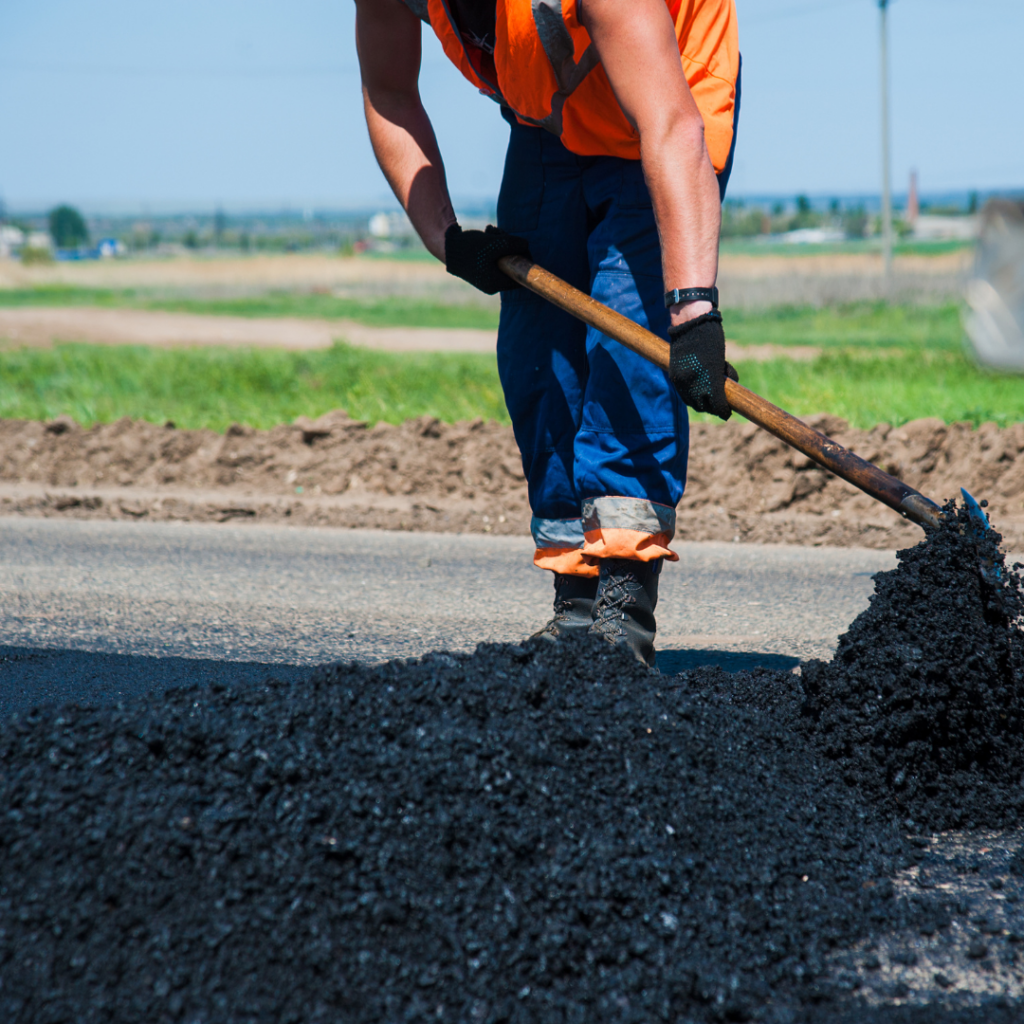Buying a home is no small feat. Whether you’re a first-time buyer or an experienced property investor, the process can feel complex and intimidating. But don’t worry – with the right property buying advice, you can make informed decisions, avoid stress, and achieve your dream of owning the perfect property.
This comprehensive guide walks you through all the critical steps involved in buying a house in Ireland, offering expert tips and valuable insights to ensure success. From deciding if a property is right for you to the final handshake when you collect your keys, we’ve got you covered.
How to Know if a Property is Right for You
Before making an offer, take a step back and consider whether the property truly fits your long-term goals. Here are a few key factors to evaluate:
Saleability
Will the property hold its value, or better yet, appreciate over time? Consider the location, proximity to amenities, the garden size, and even which direction the house faces.
Ask yourself: Is this a home others will want to buy in the future?
Schools
If you have children now or plan to in the future, check the quality and availability of local schools. Keep in mind that catchment areas often determine enrolment eligibility.
Tip: Contact local schools to confirm enrolment policies.
Structural Warranties
Does the property come with structural defect protection, such as a HomeBond warranty? This kind of coverage can protect you from expensive repairs down the line.
Ask your solicitor: Is the warranty valid and transferable?
Rental Potential
Thinking of renting the property out in future? Research local rental demand, average income potential, and what similar properties are offering.
Remember: A strong rental yield can support your long-term plans.
Mortgage Affordability
Be honest about what you can comfortably afford. If you plan to rent it out, make sure the expected rental income will realistically cover the mortgage repayments.
Ask yourself: Can I still afford this if my circumstances change?
Energy Efficiency
Check the Building Energy Rating (BER). A better rating means lower energy bills and a smaller carbon footprint—good for both your wallet and the planet.
Tip: Properties with better BERs are often easier to sell or rent.
Understanding Ownership Types
Before buying, it’s essential to understand the legal ownership structures in Ireland, especially if you’re buying with someone else.
Joint Ownership
Couples can buy and own property together as either joint tenants or tenants in common. Each comes with different implications for inheritance and ownership responsibilities.
Joint Tenancy: This is the most common form for married or civil partners. Each owner holds an equal share, and if one passes away, the other automatically inherits the full property.
Tenancy in Common: Each owner holds a specific share, which can be unequal and passed on through a will. A Declaration of Trust outlines each person’s rights and responsibilities.
Freehold vs Leasehold
Freehold means you own the property and the land it’s built on outright. You are responsible for all maintenance and insurance.
Leasehold means you own the property for a fixed term, but not the land. You’ll have a landlord (and sometimes a management company) and may face service charges.
In some cases, leaseholders may have the opportunity to extend their lease or buy the freehold.
The Home Buying Process Step-by-Step
1. Find a Property Solicitor
Engage a trusted property solicitor early on – they’ll handle all legal aspects of your purchase and guide you through every step. Solicitor fees for buying a house will depend on individual circumstances.
Buying at Auction
Property auctions offer a faster route to homeownership or investment, but legal guidance is critical. Once bidding closes, the sale is legally binding – there’s no cooling-off period. Have your solicitor review all documents before the auction date and carry out any necessary due diligence.
2. Pay the Booking Deposit
Once you’ve chosen a property, place a booking deposit with the estate agent. This secures the property while legal work begins, but note: it does not legally bind either party until contracts are signed.
3. Draft Contracts for Sale
The seller’s solicitor will send draft sale contracts to your solicitor. Ensure you’re prepared to wait 4–8 weeks in case the title deeds are not immediately available. This step can take some time.
4. Arrange Loan Approval
Securing your mortgage is vital to moving forward. Once the booking deposit is processed, confirm your loan approval (also called a facility letter). This will outline the mortgage terms, interest rate, and repayment details. Ask your bank to send these details directly to your solicitor.
5. Conduct a Structural Survey
Don’t skip this step! Hire a surveyor, engineer, or architect to ensure the property is structurally sound. For new builds, arrange a “snag list” to identify issues the builder must fix before completion.
6. Sign Contracts
With your solicitor’s guidance, it’s time to formally agree to the purchase. At this point, you’ll:
- Review the title, dimensions, and ownership details.
- Pay a balance deposit (10–20% of the purchase price).
This is a critical juncture where both you and the seller become legally bound to proceed. Make sure you understand how to negotiate contracts (your solicitor can help).
7. Final Preparations Before Closing
Now that you’ve signed the contracts, your solicitor will prepare for the closing date by ensuring all funds and required documents are in place. Some of the essentials include:
- Mortgage Protection Insurance
- Property Insurance
- Confirmation of stamp duty costs (1% on property prices up to €1 million in Ireland).
8. Mortgage Drawdown
Your lender will release the funds for the purchase once final checks, such as a professional property valuation and home insurance, are complete. Your property solicitor will confirm all prerequisites for this stage.
9. Key Collection
Congratulations! Once the purchase price is transferred, your solicitor will handle final checks and ensure everything is in order. With that, you’ll receive the keys to your new home.
9. Post-Completion Tasks
After closing, there’s just a bit more work to complete:
- Sign the purchase deed.
- Pay your stamp duty.
- Register your name as the property owner.
For mortgage buyers, the deeds will remain with your lender for the loan period, while cash buyers can keep them.
Why Having the Right Support Makes All the Difference
Navigating the property market in Ireland is never easy, which is why having experienced professionals by your side can make all the difference. A solicitor can guide you throughout, ensuring that contracts, funds, and key documents are properly managed, protecting you from potential legal risks.
If you’re a first-time buyer, this expertise is especially valuable, removing the guesswork and providing peace of mind during a life-changing milestone.
Your Home Buying Journey Starts Here
Buying a home might be one of life’s most challenging yet rewarding experiences. Taking the time to evaluate every step ensures you’ll not only secure the property you love but also make a financially sound investment. By following this guide, you’re already ahead of the curve.
If you’re ready to get started or have questions about navigating the buying process, the dedicated property law solicitor team at HOMS Assist is here to help. Reach out for expert advice and genuine support—we’ll guide you every step of the way.
Happy house hunting, and here’s to finding your dream home!









